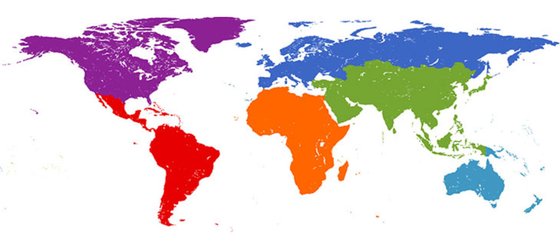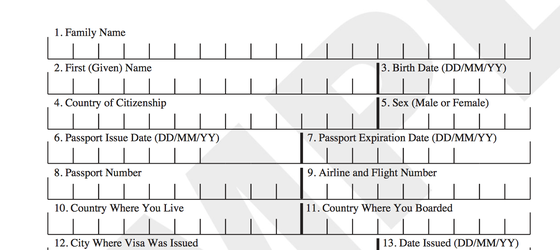Japan -- Under the mai nannbaa-ho (マイナンバー法) My Number Act (enacted May 13, 2013, also called the Social Benefits and Tax Number Act), Japan's citizens will be assigned unique numbers to track income, social security, taxes, welfare and benefits, and certain information in disasters. Japan will start assigning numbers to its citizens in late 2015. The My Number Act brought with it concern about the use of the numbers as a unique national ID. As a result, Japan will establish a new independent Data Protection Authority called the Specific Personal Information Protection Commission, and will consist of a Chairman and six commission members. The Chairman and Commissioners will be appointed by Japan's Prime Minister, and confirmed by Japan's National Diet. The Commission will oversee the use of the new Social Security and Tax system numbers. Unlike many national ID numbering systems, Japan did not set up a centralized database for the numbers due to concerns about data breach and privacy.
Professor Hiroshi Miyashita from Japan's Chuo University, and an Advisor to the Consumer Affairs Agency (CAA) -- gave a talk Oct. 1 at a Privacy Laws & Business Asia Roundtable in London. He told PL& B that the new Commission is to "ensure the proper handling of personal numbers and other specific personal information, and provide guidance, advice and recommendations." Professor Miyashita said enforcement powers will be limited to requiring reports and conducting on-site inspections. Additional documents regarding the new DPA indicate that there will be a role for the Commission in overseeing release of personal information in disasters, and that the Commission will also issue guidance regarding the use of identifying numbers.



